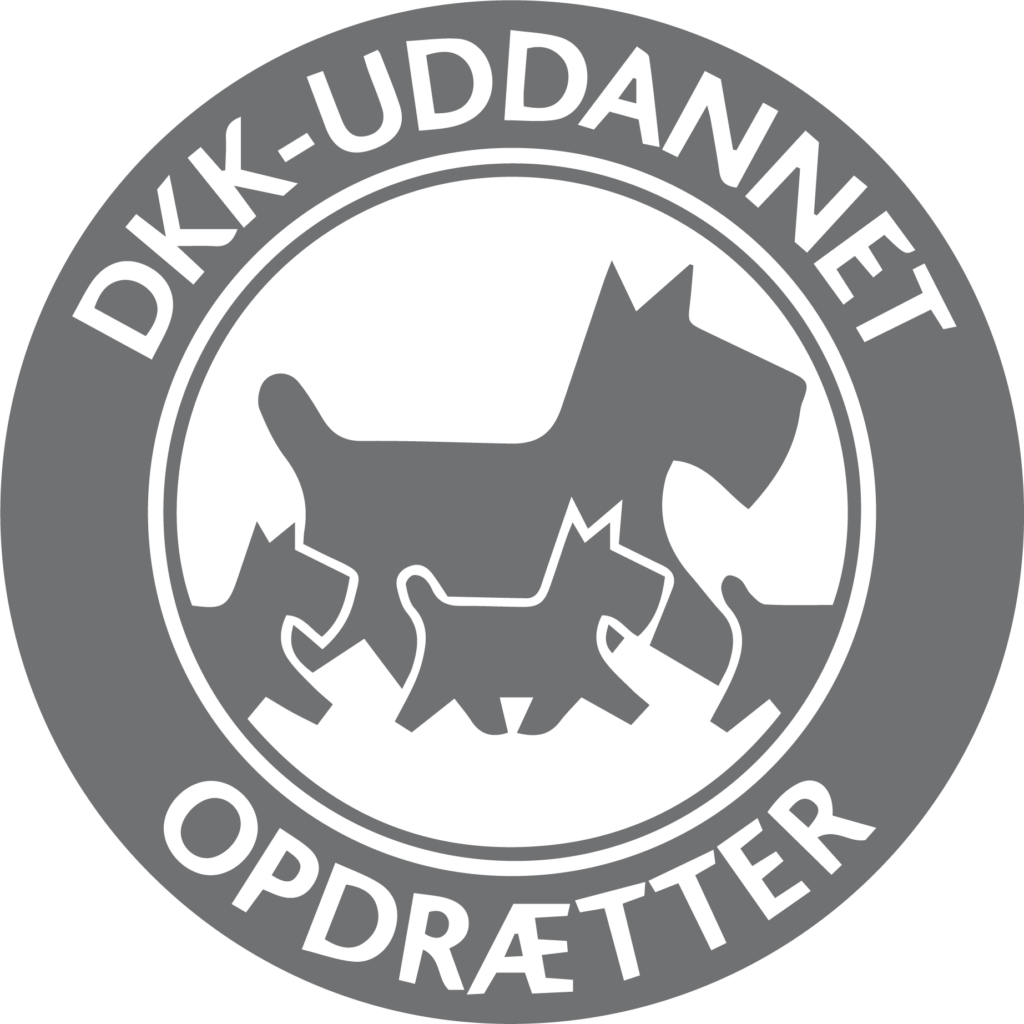Purchase Supplies
Head to your local pet store or online retailer to gather the supplies your new dog will need. Be sure to purchase:
- A collar and leash; consider ordering an identification tag as well
- Food and water bowls
- A dog bed and crate
- Dog poop disposal bags
- Dog food — check with your shelter or breeder to find out what food your pup has been eating and if they will provide a starter portion. Always transition to new food gradually to avoid causing an upset stomach.
- Treats
- Toys like tennis balls or chew toys
When it comes to toys and treats, it’s a good idea to start out with just a few options while you get to know your dog’s personality, digestive system and preferences. As you learn what your dog likes, you can add more to their collection.




